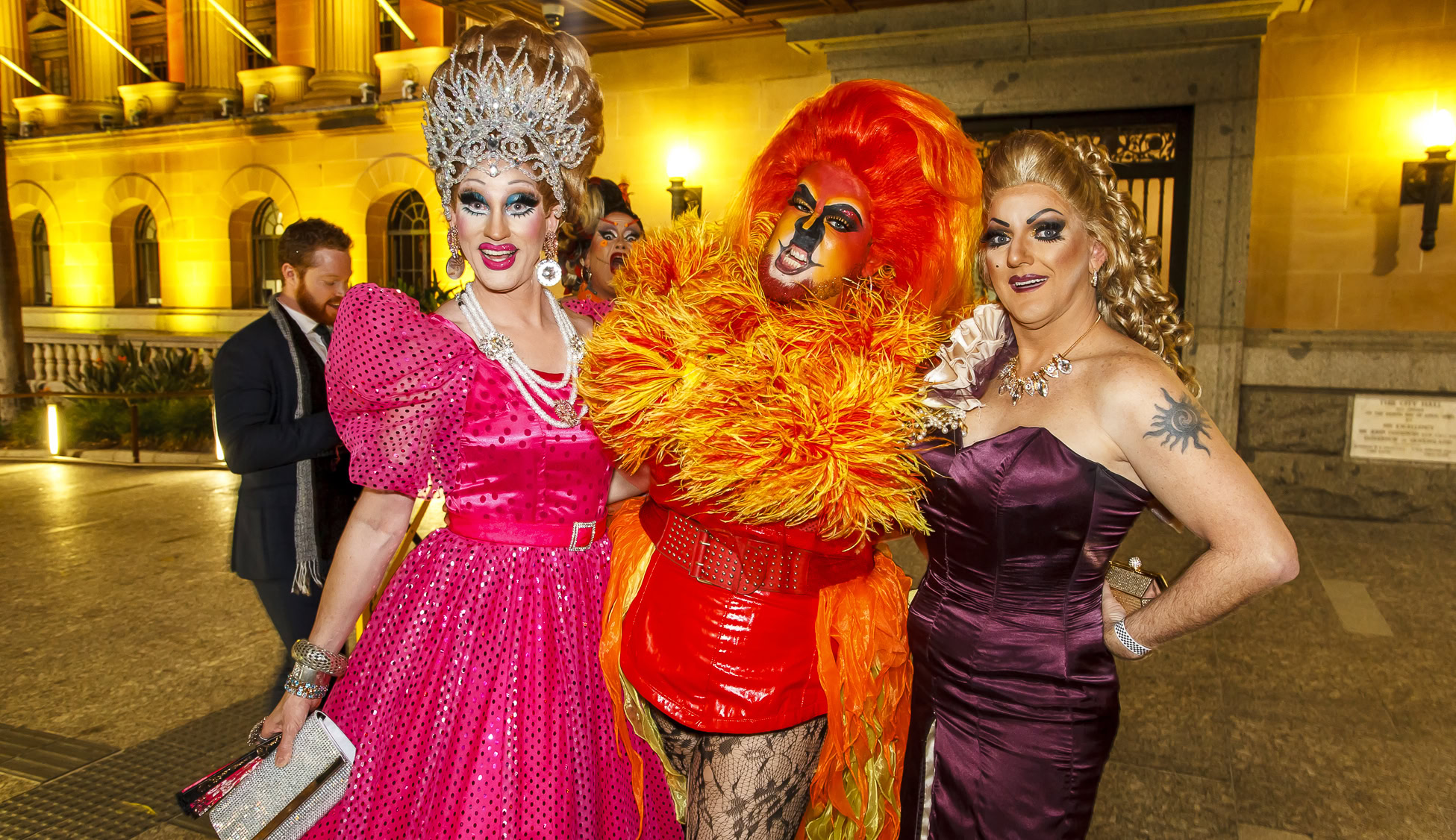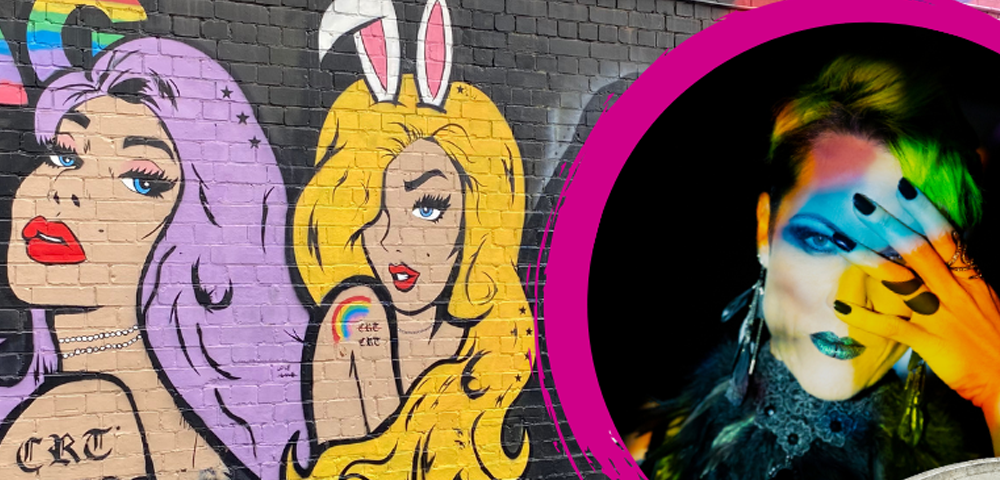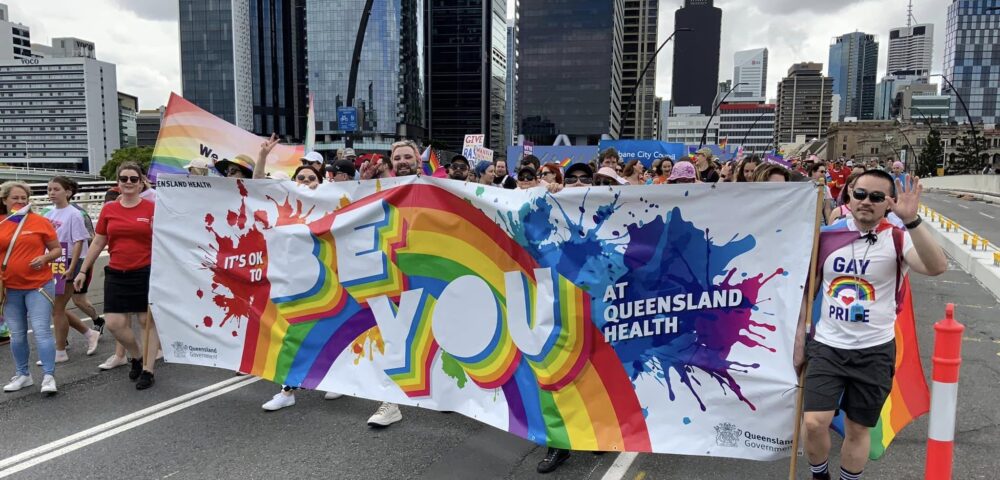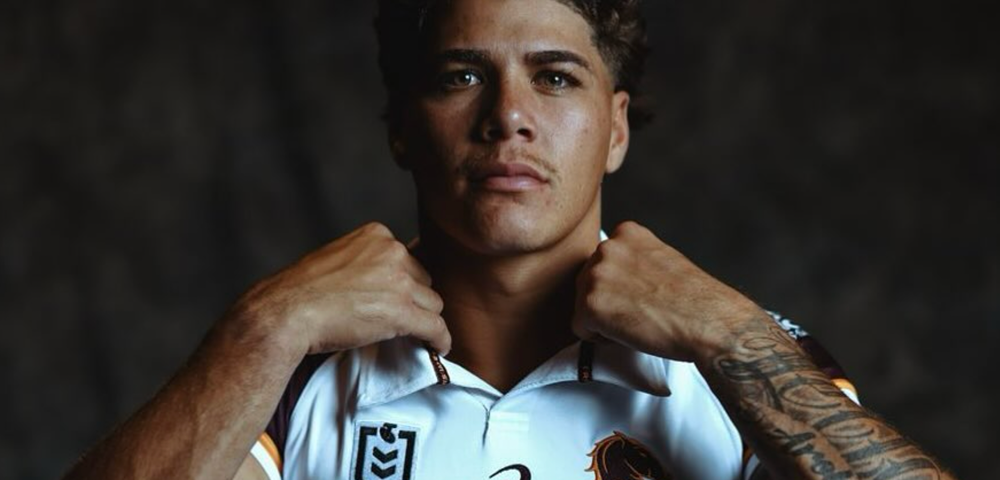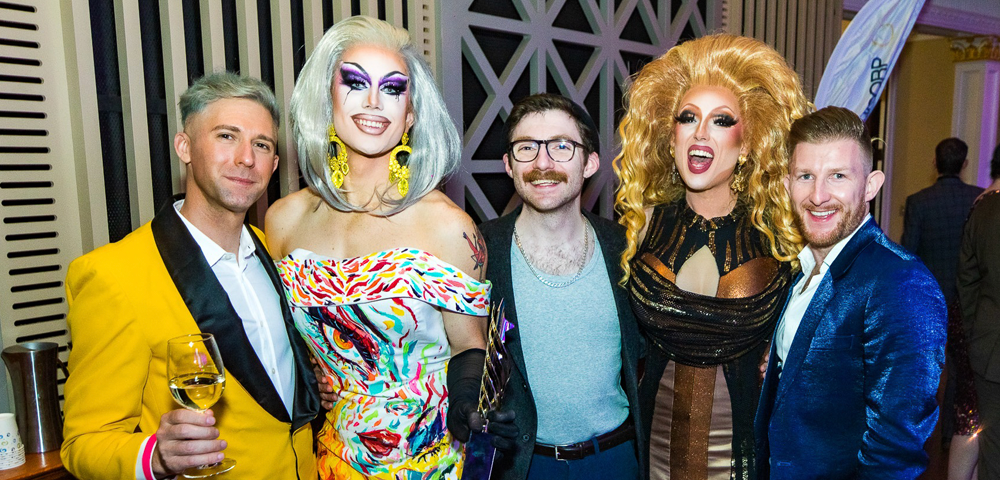
Historic first for Queensland fertility arrangements
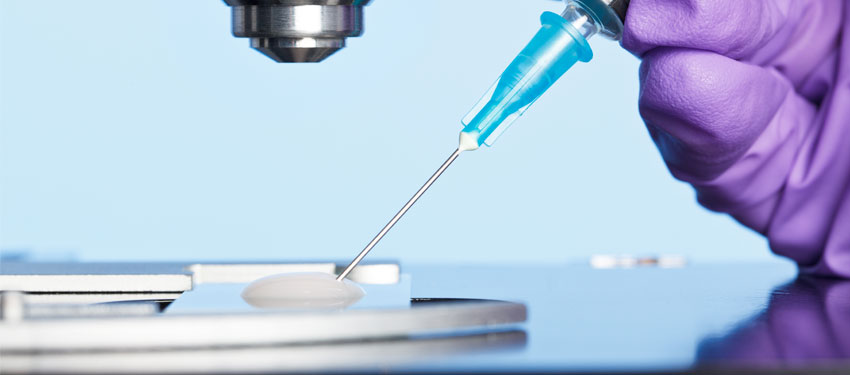
A LESBIAN couple is celebrating a Queensland first after the state’s Supreme Court handed down a ruling last month to recognise both women as the parents on their children’s birth certificates.
The landmark decision made by Justice Ann Lyons opened the way for the removal of the sperm donor’s name as “father” from the birth certificate of the couple’s two children.
This ruling has allowed for the birth mother’s partner to be named as a parent on both birth certificates.
The couple of 20 years has welcomed the decision by the court.
“For us, this decision recognises in law what our children have always known: that we are their loving parents,” they said.
After deciding to embark upon artificial insemination 10 years ago using a sperm donor, the couple contacted the man via a gay community website.
“He said he was happy to put his DNA into the world but he did not really want to be a parent,” the birth mother said.
“He only wanted to be known casually by any children by his first name and not in a parental role.”
However, prior to the ruling, the donor sought ongoing contact with the children through the Federal Circuit Court upon hearing the news of the couple’s application to the Supreme Court to remove his name from the birth certificate. His case is continuing separately.
The donor has reportedly not had any contact with the two children since August 2010, but attempted to resume contact last year.
The man claimed it was agreed that any children born as a result of their arrangement would know him as their father and he would be listed as father on their birth certificates.
Queensland’s Surrogacy Act 2010 allows same-sex partners to be listed as “mother” and “parent” on birth certificates of any child conceived with the consent of the other.
The donor who produced the semen has no rights or legal responsibility relating to the offspring of such a pregnancy arrangement.
The birth mother said that due to their relationship not being recognised by Commonwealth and Queensland laws, it prevented the birth mother’s partner from being listed on the birth certificates as “parent”.
In order to preserve social security benefits, the birth mother had to list the donor as the “father”.
“Centrelink told me that my benefits would be affected if I did not record a father’s name on the birth certificates, and I needed those benefits while the babies were tiny,” she said.
Australian Christian Lobby’s Queensland director Wendy Francis expressed concern over the ruling last weekend at a speaking engagement in Brisbane for South Australian Liberal Senator Cory Bernardi.
“This week we had the first case in Queensland where a birth certificate has been falsified to remove the father’s name from the certificate,” she said.
The lesbian couple’s lawyer told the Star Observer that she would seriously doubt that Francis would have an issue if the case involved a heterosexual couple.
Francis once attracted criticism for a 2012 Twitter post where she said: “Children in homosexual relationships are subject to emotional abuse. Legitimising gay marriage is like legalising child abuse.”
Francis has since backed away from this statement, claiming that the tweet did not come from her personally and that she did not condone it.
However, she did spearhead a petition to amend the 2010 Surrogacy Act to make it illegal for same-sex, single people and de facto couples to seek altruistic surrogacy. The amendments were “quietly shelved” last year.
Meanwhile, Parents and Friends of Lesbians and Gays (PFLAG) Brisbane secretary Janet Berry has congratulated the couple on their campaign and said that the 2010 Surrogacy Act was working.
“The effect of this judgement is that both the mother and her partner will be legally recognised as the parents, meaning they will both have the parental authority to make decisions about their children’s schooling and health as well as providing full legal and inheritance rights for the children,” Berry told the Star Observer.
“This is the correct and morally right outcome for two people who are in a loving relationship and have made the decision to have children and bring them up in a loving, caring and supportive family. It is also the best result for the two children in this family as they obviously have wonderful parents.”
Brisbane family lawyer Stephen Page said that the ruling, which already existed in other states like NSW, was a good move for same-sex couples in Queensland, adding that recognising three parents on a birth certificate for applicable surrogacy arrangements in order to circumvent some of these cases would be the next “evolved” move.
Page said that cases like this were unfortunately occurring due to people not entering into anonymous sperm donor programs.
“Many people start a known sperm donor arrangement with great intentions and make their own arrangements. However, what many people do not realise is that these arrangements are not legally binding,” he told the Star Observer.
“Having a known sperm donor under the law as it currently stands is a very risky arrangement and can cause great harm further on if feelings of the people involved change. And obviously, once a child is born emotions can indeed change.”
Page urged same-sex couples interested in entering into surrogacy to look into anonymous donor arrangements through IVF clinics, as believed the recent Supreme Court ruling would allow for more cases similar to this to pop up and put families through further grief.




